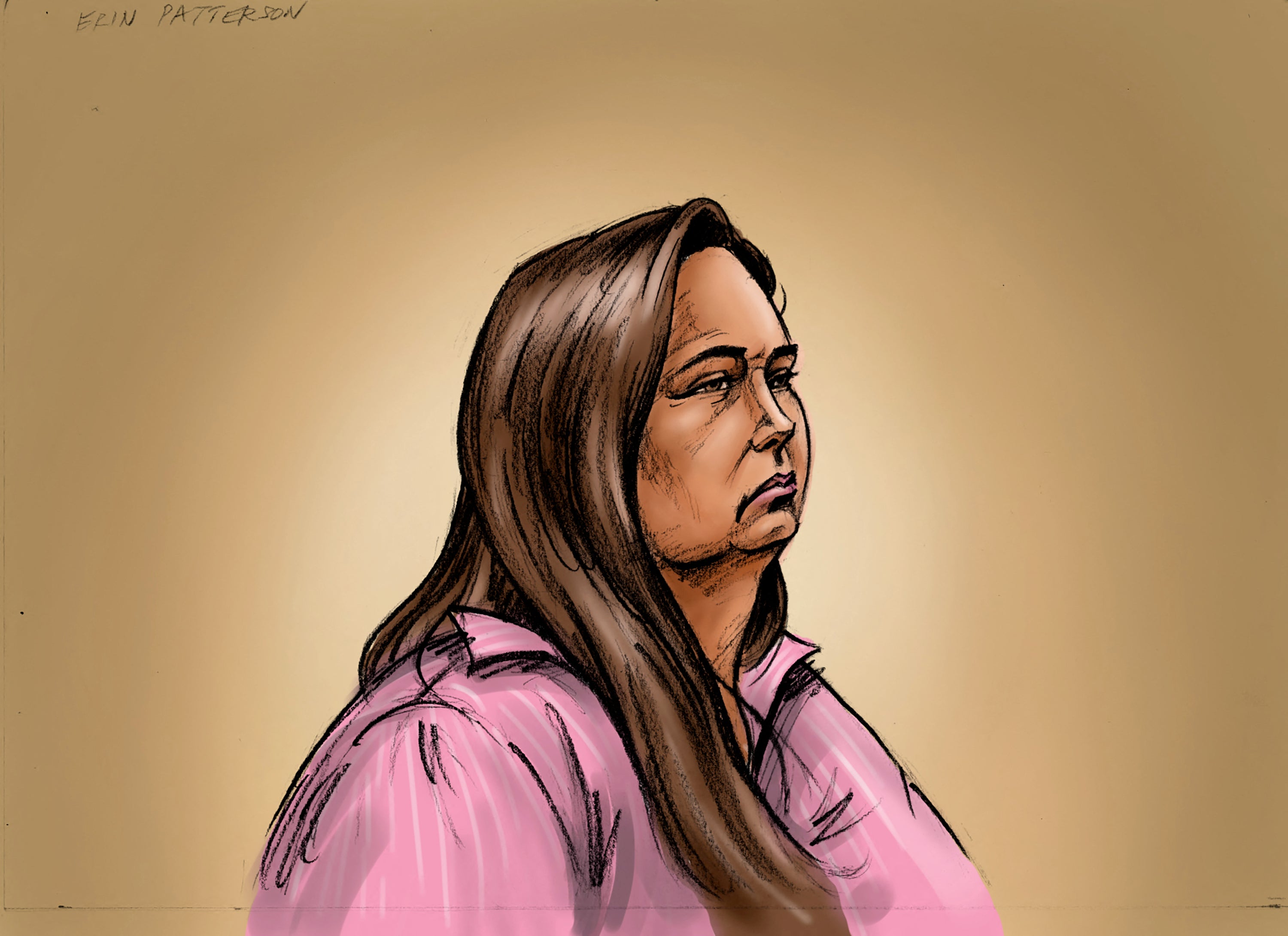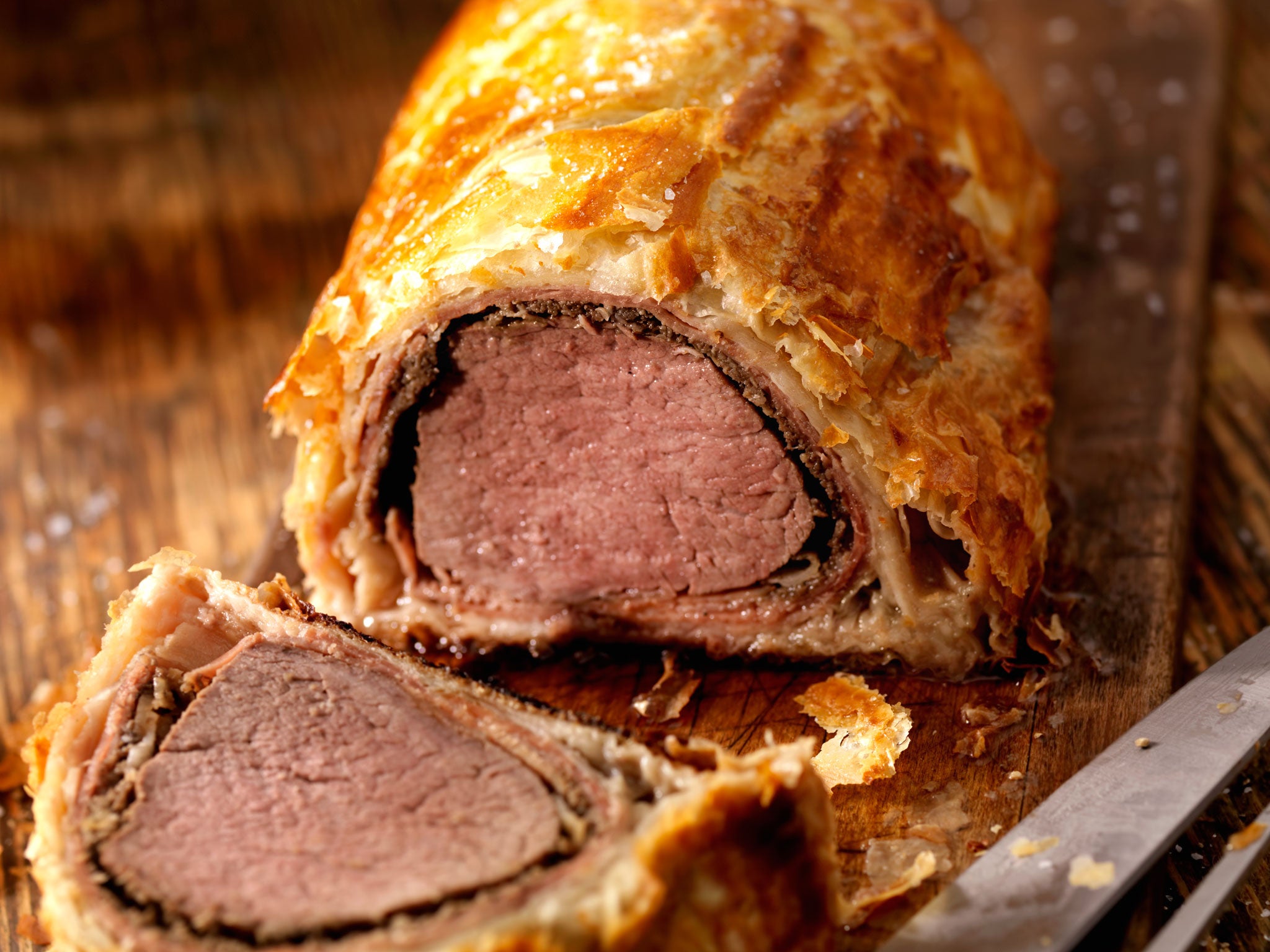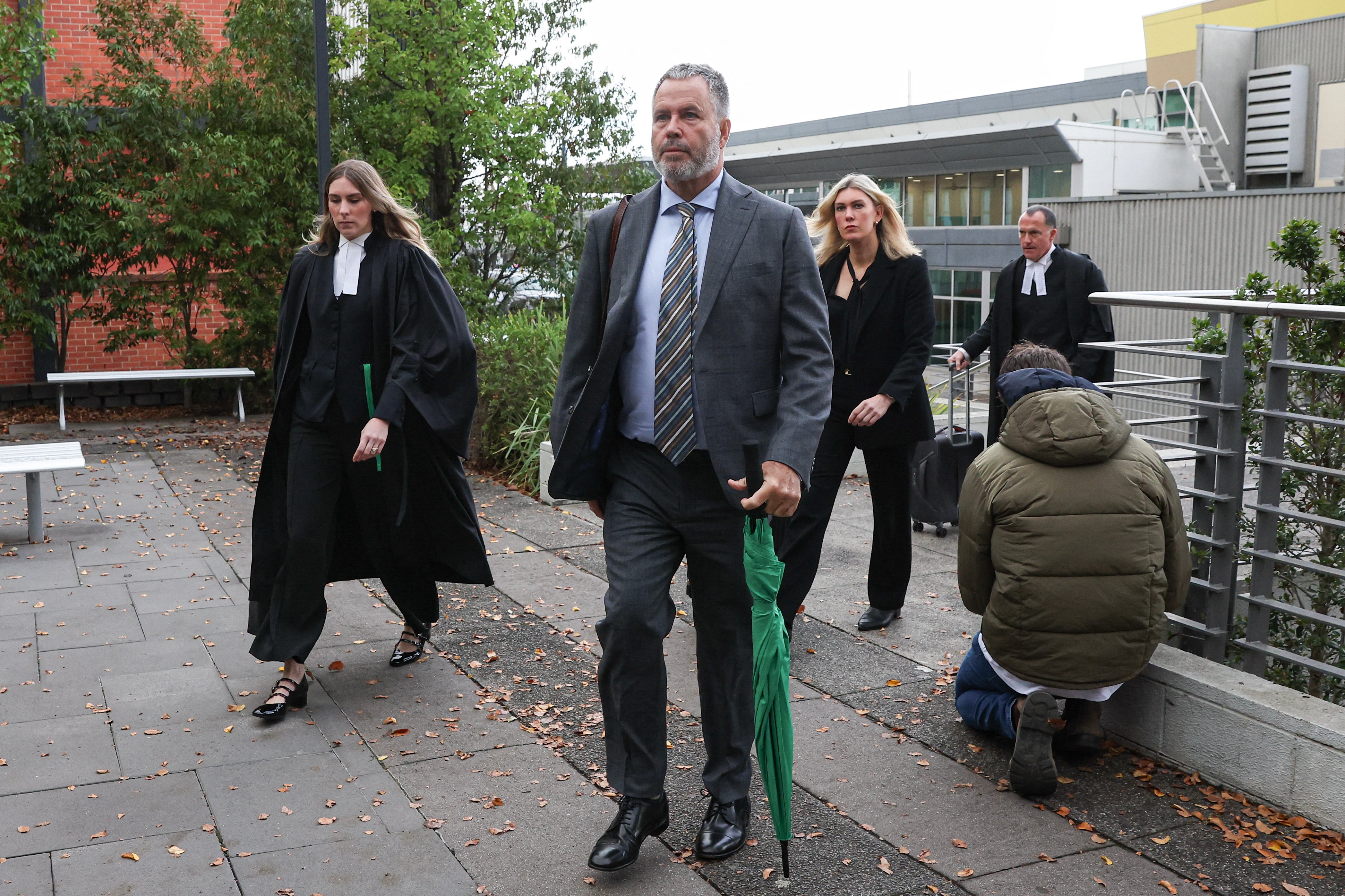ARTICLE AD BOX
A woman is on trial in Australia accused of murdering three people and attempting to kill another by serving them a lunch laced with poisonous mushrooms.
Erin Patterson, 50, gave her estranged husband’s parents and his aunt and uncle beef wellington at her home in July 2023. The next day all four guests were hospitalised with symptoms of death cap mushroom poisoning, and later three of them died.
Patterson was arrested and charged with murder and attempted murder over the deaths, and is standing trial in a case that has gripped Australia and drawn international attention.
Here’s what you need to know about the trial so far.
Who is Erin Patterson, and what is she accused of?

Patterson is a mother-of-two from the Victorian town of Leongatha, east of Melbourne.
She has been charged with murdering Don Patterson, Gail Patterson and Heather Wilkinson, and charged with the attempted murder of Ian Wilkinson.
The defendant had also been charged with three counts of attempted murder relating to her husband Simon Patterson, but those charges were dropped on Tuesday, before the trial opened.
In Australia, murder carries a maximum penalty of life in prison, while attempted murder has a maximum 25-year sentence.
Patterson has pleaded not guilty to all the charges.
What happened at the lunch?

On July 29, 2023, Patterson hosted her estranged husband’s parents Don and Gail, as well as Gail’s sister Heather Wilkinson and Heather’s husband, church pastor Ian Wilkinson.
She had invited them all for lunch at her home two weeks prior. Patterson had also invited her husband, Simon, but he declined. The pair had been separated since 2015.
She served her guests beef wellington, which is a beef fillet wrapped in a mushroom paste and covered with pastry, with a side of mashed potato and green beans.
The day after the lunch, all four guests fell ill and went to hospital complaining of nausea and diarrhoea.
Within days, Don, Gail and Heather had died, while Ian Wilkinson survived after receiving an organ transplant.

What has the prosecution argued?
Prosecutor Nanette Rogers opened her case on Wednesday in Victoria’s Supreme Court.
The court heard that on the way to hospital, Heather told Simon she had been puzzled by Patterson eating from a plate that looked different to those she had given her guests.
"I noticed that Erin put her food on a different plate to us. Her plate had colours on it. I wondered why that was. I've puzzled about it since lunch," she said, according to the prosecution.
Simon told his aunt that Patterson might have run out of plates.
The prosecutor said Patterson had not eaten poisonous mushrooms, and had also not fed her children, then aged nine and 14, any leftovers from the lunch.
The prosecutor said she did not need to provide a motive for the killing, and the jury could make its finding without one.
"You might be wondering now why would the accused do this? What is the motive? You might still be wondering this at the end of this trial," Rogers said. "You do not have to be satisfied what the motive was or even that there was a motive."
What has the defence said?

Patterson’s defence team has argued the poisoning was a “terrible mistake”, with her barrister Colin Mandy SC telling the jury that while the guests had been poisoned by mushrooms, it had been accidental.
"The defence case is what happened was a tragedy. A terrible accident," Mandy said. Her defence conceded Patterson had lied to police when she told them she had not foraged for wild mushrooms.
"She did forage for mushrooms. Just so that we make that clear, she denies that she ever deliberately sought out death cap mushrooms," Mandy said.
How will the trial run?
The Supreme Court trial is being run at the regional Victorian town of Morwell, less than an hour’s drive from Leongatha and roughly 150km (93 miles) east of Melbourne.
The trial is expected to take up to six weeks, and the jury is expected to hear from key witnesses including Patterson’s estranged husband Simon and the lone survivor Ian Wilkinson, as well as medical experts.
After hearing from the witnesses, both the prosecution and defence will deliver closing arguments, and the jurors will be sent out to deliberate until they can reach a unanimous verdict.
With additional reporting from Associated Press









 English (US) ·
English (US) ·